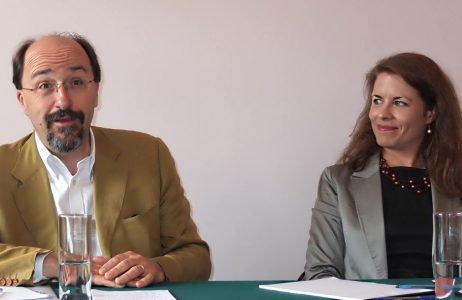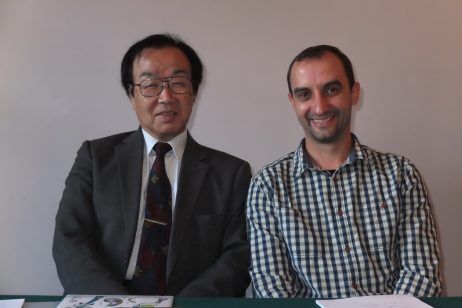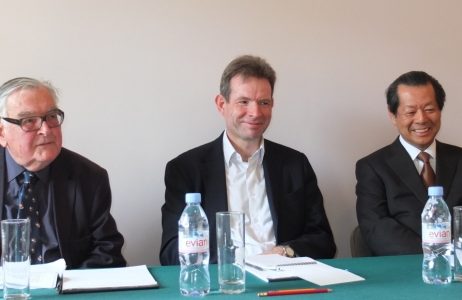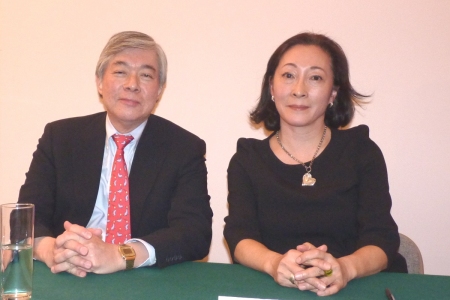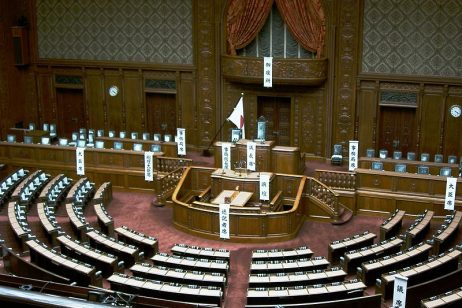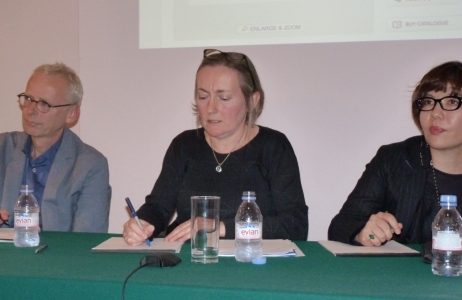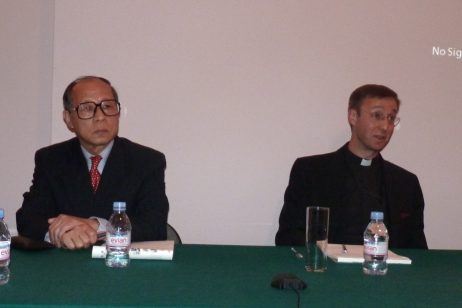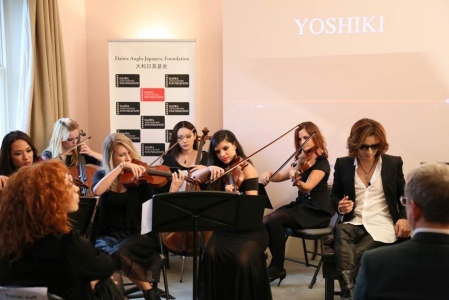17 June 2015
How Diverse Are We?: Immigration in the UK and Japan
How ready is Japan to be a society like Britain, which accepts a diversity of races and cultures in society? And is British society really as accepting of diversity as it claims to be? Join us in the latest of our annual seminars on diversity in the UK and Japan to discuss this important topic.
More info